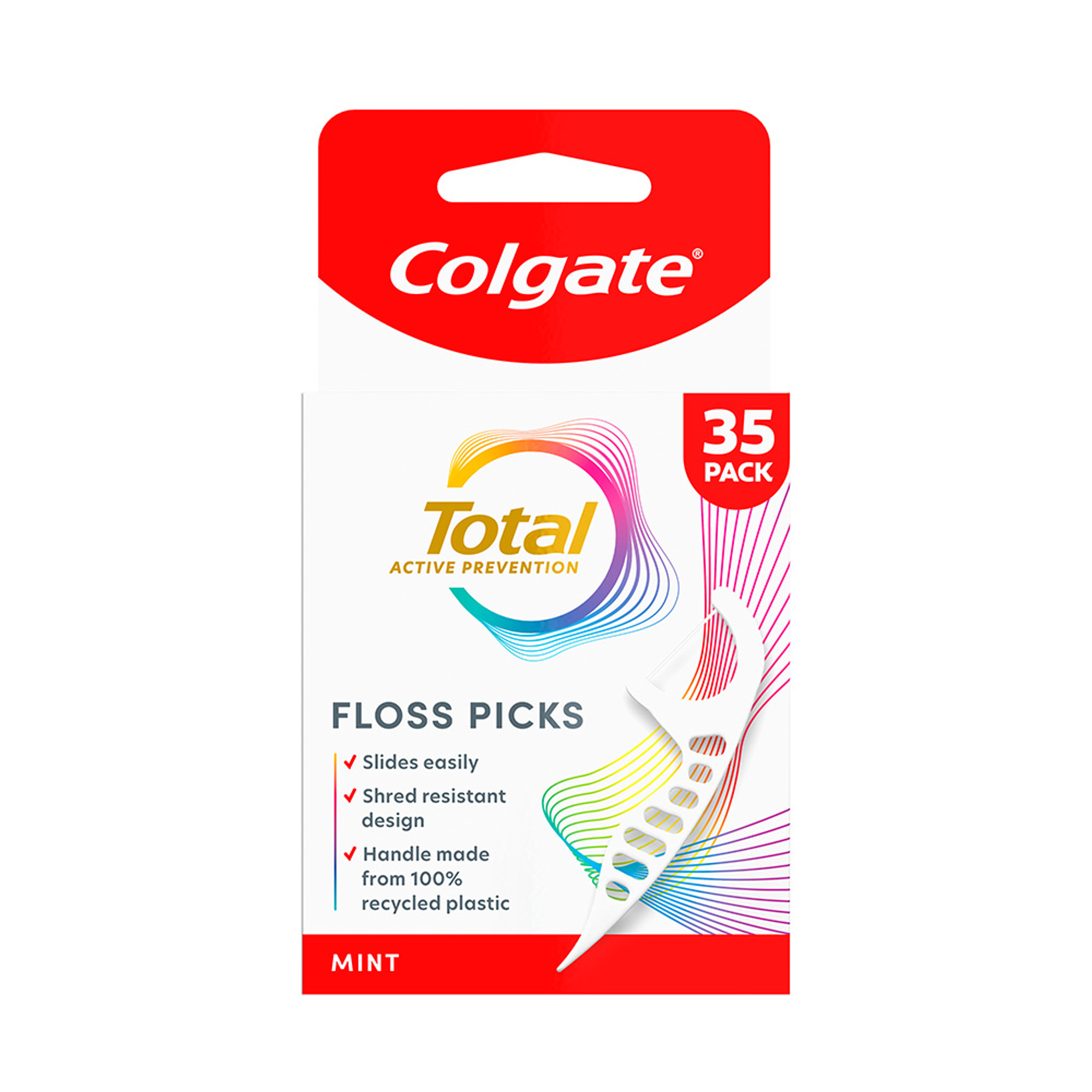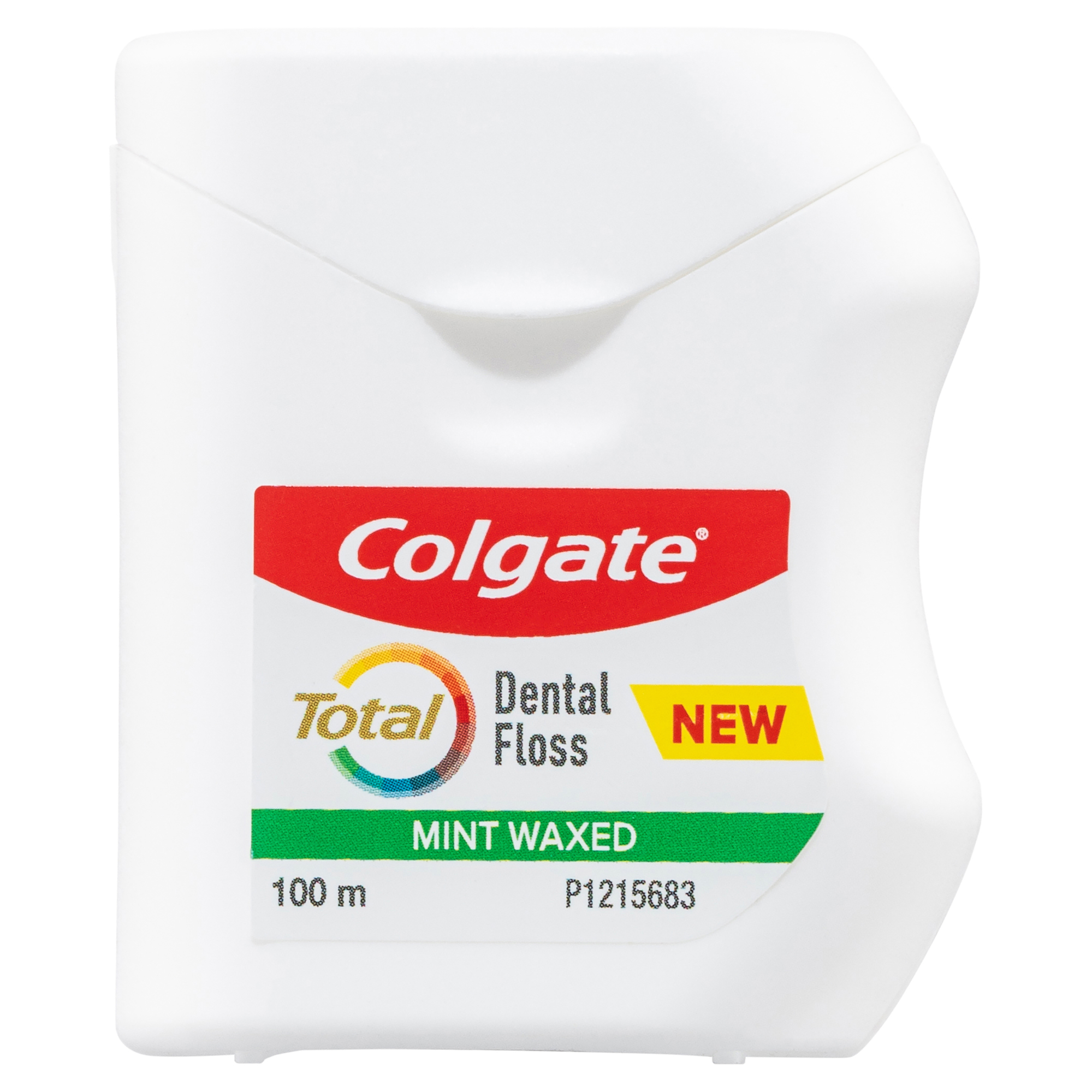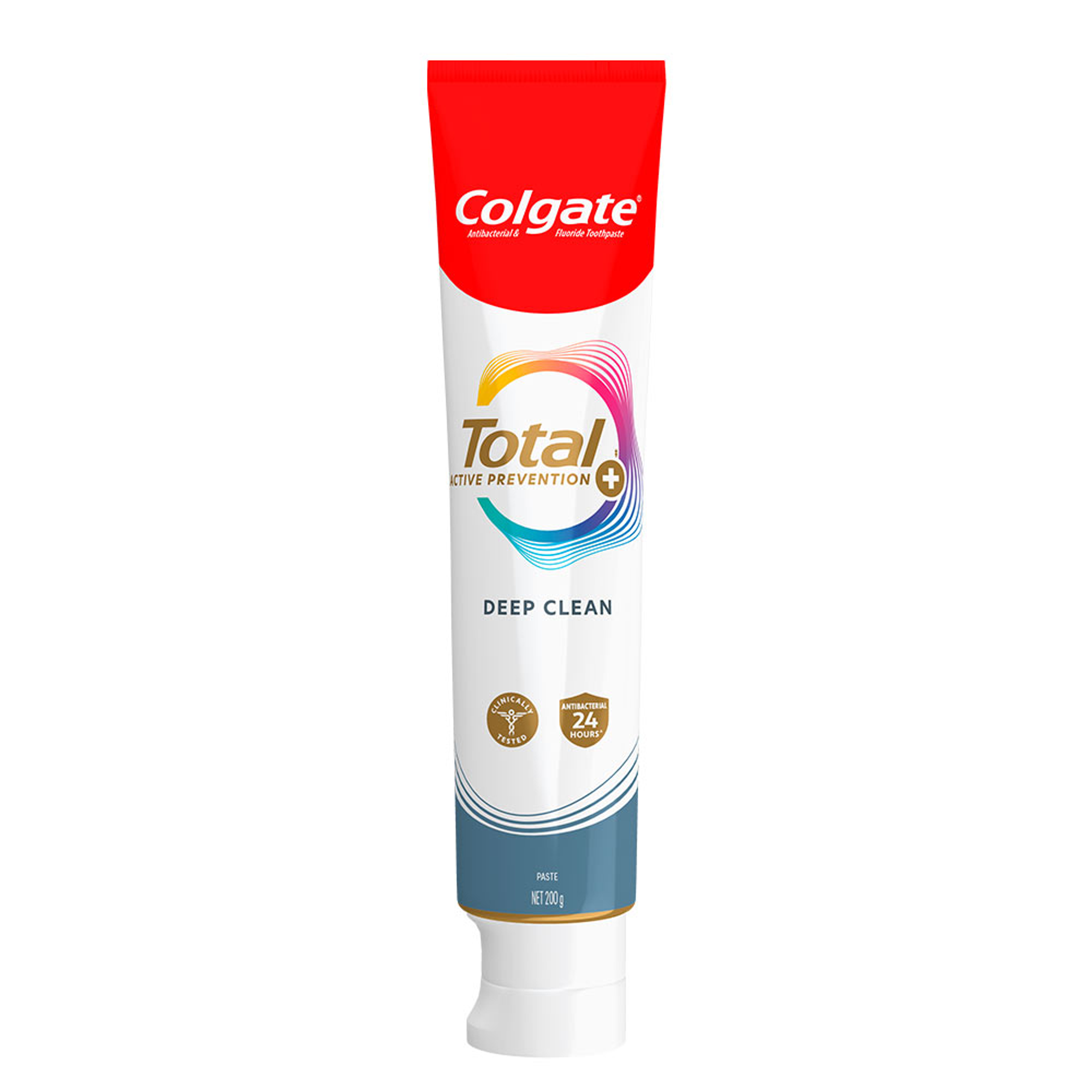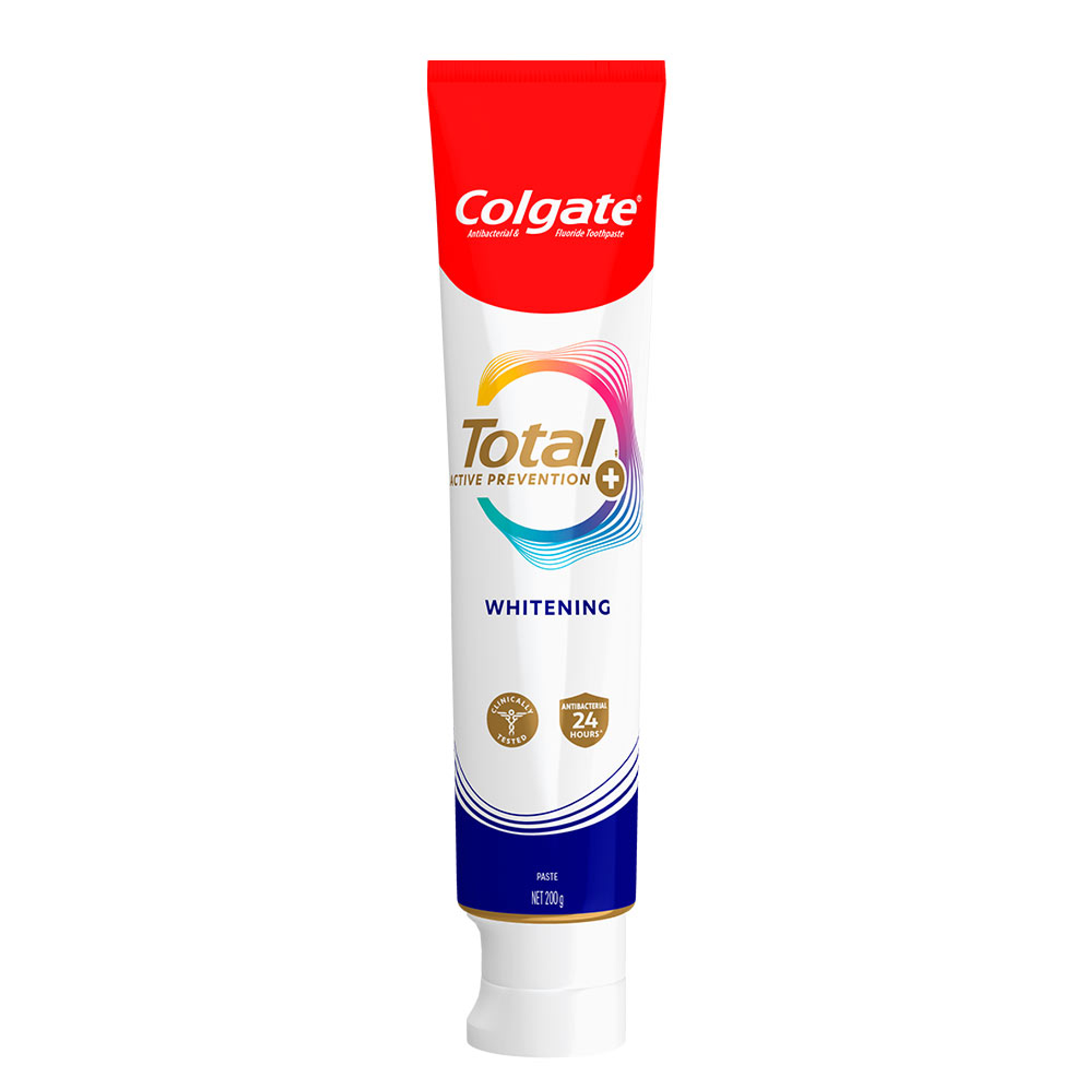-
-

BRUSHING & FLOSSING
How to BrushWhat Is the Right Way to Brush?
Proper brushing takes at least two minutes — that's right, 120 seconds!...

BRUSHING & FLOSSING
How To FlossWhat is the Right Way to Floss?
Proper flossing removes plaque and food particles in places where a toothbrush cannot easily reach... -
Science & Innovation
- Home
- Oral Health
- Bleeding Gums Treatment and Home Remedies


Are your gums bleeding when you brush or floss? You may think this isn’t a big deal but if you have bleeding gums, you should have your dental professional check it out. Bleeding gums can be a sign of gingivitis, which can progress to advanced gum disease. The good news is that, with the right treatment this can be prevented.
What is gingivitis?
Gingivitis is the early stage of gum disease, a condition caused by plaque (sometimes referred to as biofilm) build-up on your teeth. It causes redness, irritation, and swelling of your gums around the base of your teeth, and may also cause bleeding. Left untreated, gingivitis can turn into periodontitis, or advanced gum disease, which can lead to tooth loss. The good news is that this can be avoided; with proper oral care and follow-up treatment, you can stop gingivitis from progressing and restore your gum health.
Professional treatment for bleeding gums
If you notice your gums bleeding, make an appointment with your dental professional. During this appointment, they will usually examine the positioning of your teeth, jaws, and any dental work, such as dental fillings, crowns, and bridges. They will want to determine if problems with any of these things, as well as your home care routine, may be contributing to the bleeding, either by injuring your gum tissue or by preventing you from brushing or flossing effectively allowing plaque to build up. If so, they may make recommendations or provide treatment to correct the problem.
Next, your dental professional will use a tool called a periodontal probe to measure the spaces between your gums and teeth. Deeper spaces can indicate gum disease, a common cause of bleeding gums. If you have deeper spaces, also called "pockets" you will require treatment for periodontitis.
Your dental professional will offer you guidance on proper brushing and cleaning in between your teeth and around the gum line, and may also recommend a therapeutic oral care product to help manage gum inflammation and plaque. They will usually want you to come back for follow-up appointments, exams, probings and cleanings to make sure your gum health is improving.
Managing bleeding gums at home
- Maintain a good oral care routine. A good home oral care routine goes a long way towards controlling plaque and managing gum inflammation. Follow your dental professional's recommendations, which will usually involve brushing twice a day with a fluoride toothpaste and cleaning between your teeth with floss or interdental cleaners. Use a soft-bristled toothbrush to avoid irritating the gums.
- Use an antiseptic mouthwash. Your dental professional may suggest adding antiseptic or antibacterial mouthwash to your oral care routine. Not only can an antiseptic mouthwash help to reverse gingivitis, it can also soothe inflamed and bleeding gums.
- Eat a gum-friendly diet. Bacteria in plaque feed on the sugar from sweet or starchy foods and drinks. You can help to reduce plaque by keeping sugary treats to a minimum and eating them at mealtimes, rather than throughout the day.
- Monitor stress. Anxiety and stress can increase inflammation in your body, which in turn can make your gums bleed more easily. Stress also reduces your immune system's ability to fight off infections, including gingivitis and periodontitis. Additionally, stress makes it more difficult to carry out daily self-care tasks like brushing and flossing.
- Don't smoke. According to the Department of Health, smoking not only increases your risk of gum disease, it weakens your immune system and makes it harder to heal from gum disease.
- If you notice you have bleeding gums, it's important to talk to your dental professional about it as soon as possible. Gingivitis is reversible, but left untreated, this common cause of bleeding gums can lead to more serious problems like periodontitis and tooth loss. The sooner you catch these problems the better, so book an appointment with your dental professional now to safeguard your smile.
Related Articles

We know that dairy keeps your bones strong and healthy, but is milk good for your teeth? The answer is a resounding yes, and here's why.

You take your child to their dental appointment, expecting smiles all around and a clean bill of health.

A dry mouth spray may be good option if you need short-term relief of dry mouth. Learn how sprays work and what you can do for longer-term solutions, here.
This article is intended to promote understanding of and knowledge about general oral health topics. It is not intended to be a substitute for professional advice, diagnosis or treatment. Always seek the advice of your dentist or other qualified healthcare provider with any questions you may have regarding a medical condition or treatment.
Related Products

Helping dental professionals
More professionals across the world trust Colgate. Find resources, products, and information to give your patients a healthier future








